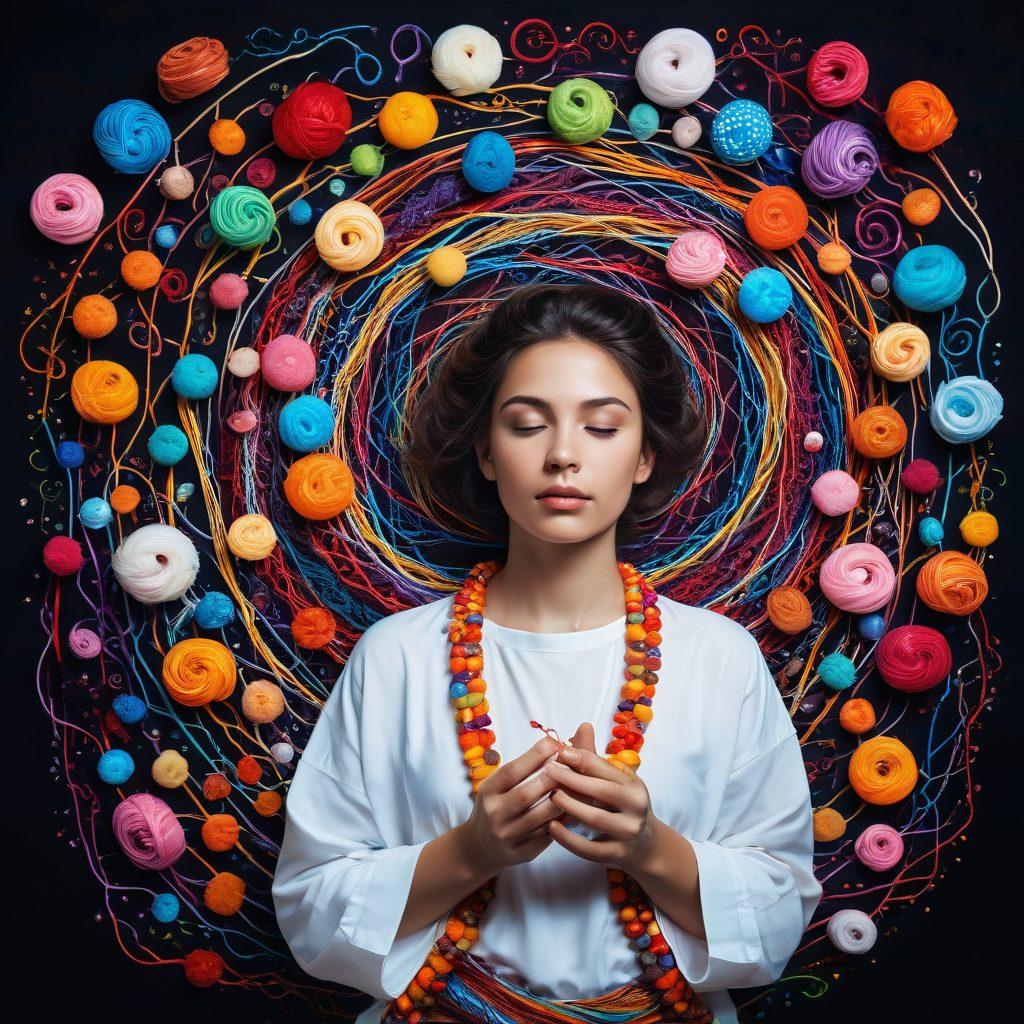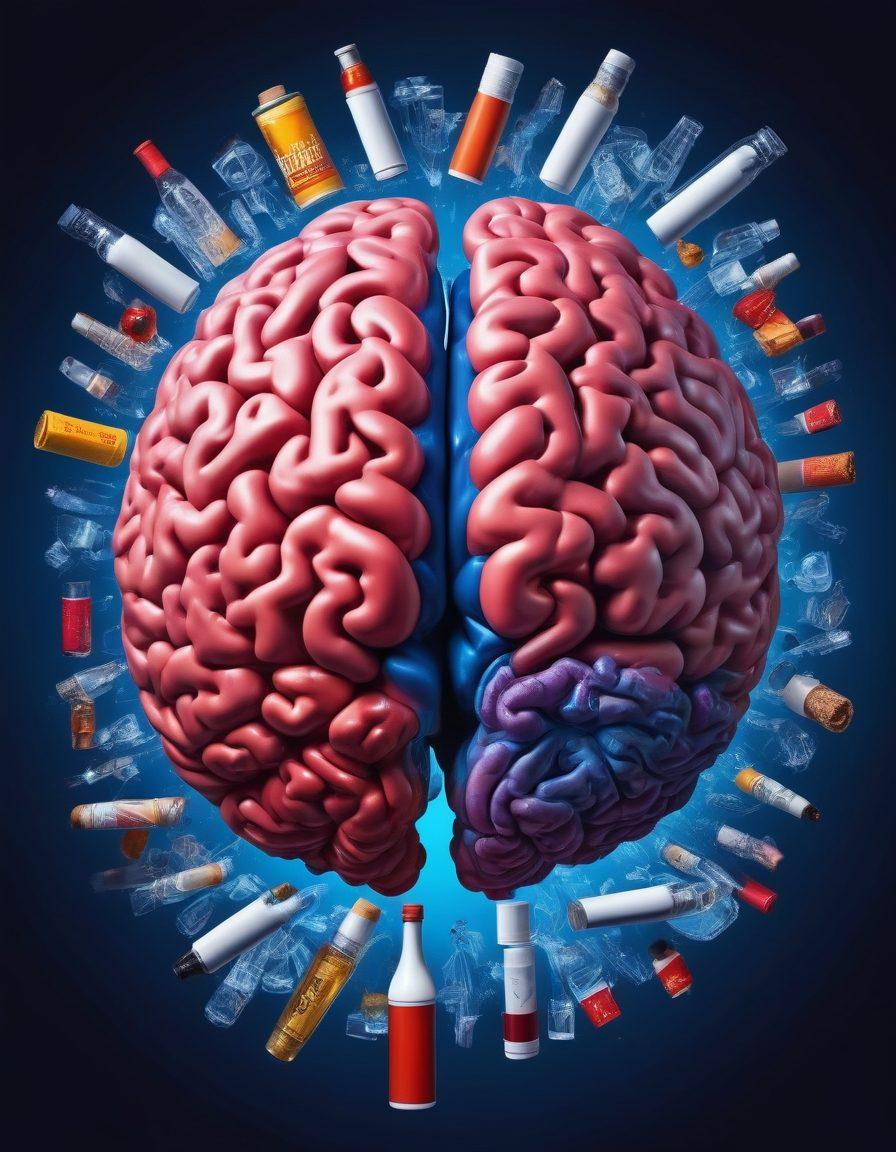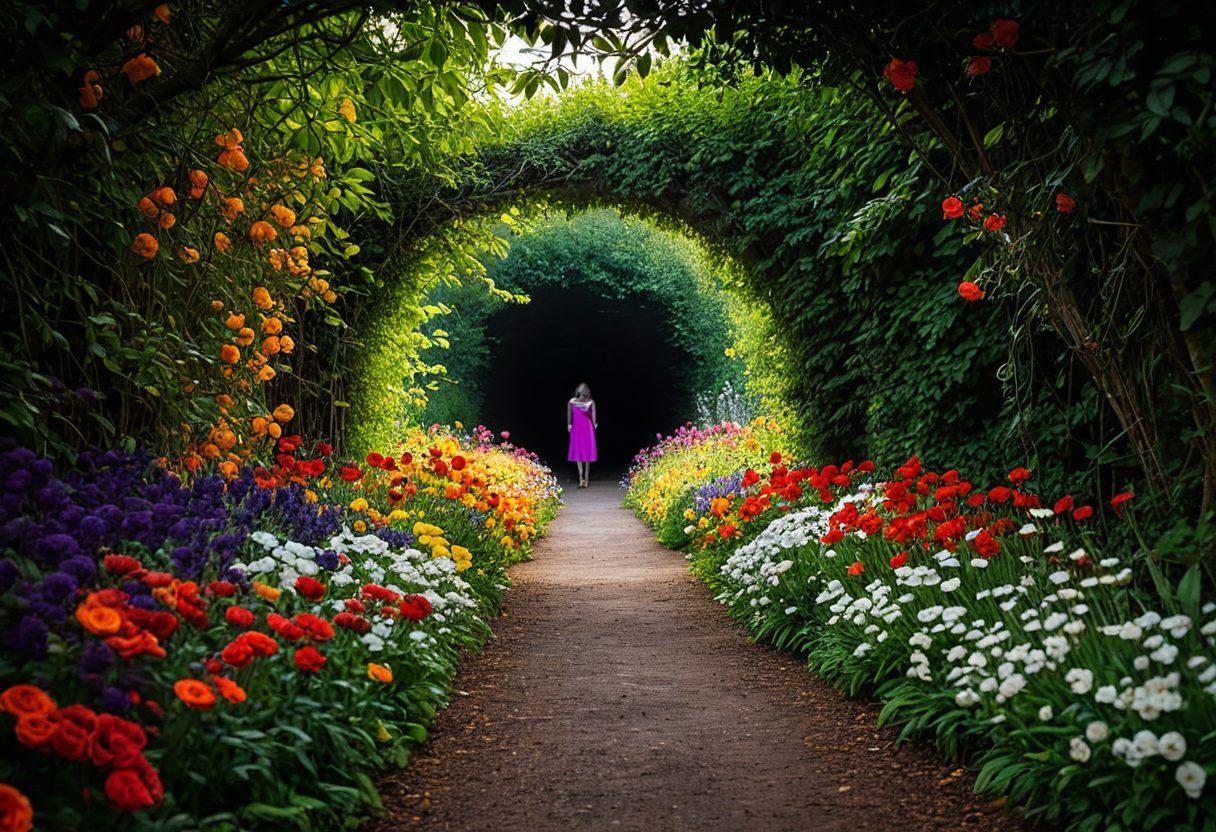The Sweet Trap of Addiction: Understanding Our Obsessions and Passions
Have you ever found yourself enthralled by a hobby or interest to the point that everything else fades away? You might have thought, 'This is my passion!' But at what point does that passion tip over into something more sinister? In the pursuit of our fervor, we often skirt the boundary between healthy enthusiasm and a compulsive fixation. Understanding this fine line can offer insight not just into our own lives, but into the universal human experience of addiction. How do we discern the difference between a hobby you pursue with zeal and a dependency that consumes your life?
Passions are typically celebrated, praised even, for their ability to invigorate our spirits and bring joy. Think of a musician honing their craft, a writer lost in their thoughts, or an athlete training relentlessly—all examples of fervor fueling human achievement. However, as we dive deeper into the rabbit hole, we must ask ourselves: when does dedication spiral into fanaticism? The journey from passionate pursuit to unhealthy obsession often starts with a subtle shift. One moment, you’re casually enjoying a new hobby, and the next, you're spending sleepless nights chasing a 'fix' of that activity, neglecting your well-being and relationships in the process.
Compulsions can take many shapes and forms, whether it be the addict who can’t resist a substance or the individual whose obsession with a certain practice becomes their sole identity. Consider a story of a successful entrepreneur who woke up one day to realize that their creative enthusiasm for their start-up had transformed into an overwhelming mania. They were engrossed, yet solely focused on their work, leading to physical and emotional burnout. This is a pivotal moment of awareness, a wake-up call indicating that what began as a noble pursuit—building a business—had morphed into a compulsion that overshadowed other areas of their life. Reflecting on such stories can help us gauge our own behaviors and break down the defenses we might have around our compulsions.
The craving to identify ourselves with our passions can be powerful. In our socially connected world, it’s easy to create an affinity for certain trends or ideologies—whether that’s a commitment to fitness, fanatical devotion to a brand, or relentless drive for social media validation. Does this sound familiar? Ask yourself how you feel when you are unable to engage in activities you are devoted to. Are those feelings of withdrawal reminiscent of an addict needing their next fix? The uncomfortable truth is that many of us dance on the edge of this precipice, and recognizing it is the first step toward achieving a healthier balance. The challenge, then, is to navigate this emotional landscape without losing ourselves.
So how do we maintain our passions without them becoming burdens? First, it's essential to establish boundaries. Passion should stimulate and inspire, not deplete your energy or threaten your well-being. That means setting limits; carving out time to relax, spend time with loved ones, and engage in varied interests. Practice mindfulness by checking in with yourself regularly. You might even say, 'Am I engaging with my passion for joy, or have I crossed the line into compulsion?' By consciously questioning our motivations, we can prevent ourselves from falling into a cycle of dependency. Remember, passion and obsession, though closely linked, exist on a spectrum. Finding balance in your pursuits can transform your enthusiasm from a source of stress into a pillar of strength.
From Cravings to Fanaticism: The Psychology Behind Addiction
Have you ever found yourself binge-watching a series until the early hours of the morning, neglecting responsibilities, and marveling at how the characters seem to draw you in like moths to a flame? This is no mere pastime; it’s the captivating nature of our obsessions that can morph into addictive behaviors. The line between passion and compulsion can often blur, igniting a fervor that consumes our thoughts and actions. Exploring the psychology behind addiction, we unearth the nuances of our cravings and the deeper emotional undercurrents that drive us towards these seemingly innocent fascinations.
Consider the enthusiastic runner who wakes up before dawn daily, lacing up their shoes with a zealous determination to hit the pavement. While their passion for fitness is commendable, it begs the question: at what point does that fervor transition into a sort of mania? The fine balance between a healthy affinity for a hobby and an overbearing addiction can be precarious. As we dive into the world of addictive behaviors, it’s vital to understand not just the symptoms, but also the emotional triggers that underpin our compulsions and cravings.
The concept of addiction extends beyond drugs or alcohol; it can thrive in our everyday lives, like the compulsive need to constantly check our phones or the obsessive way we prepare for a big presentation. Dr. Carl Jung once said, "The greatest tragedy of the family is the unlived lives of the parents." Have you ever pondered whether your own passions are masked dependencies? Recognizing our processes of fixation is essential in unearthing the root cause of such behaviors. Our enthusiasm can quickly turn into a dependency if left unchecked, leading us down a path of self-doubt and dissatisfaction.
Let’s flip the coin to look at addiction in a more positive light. While some compulsions stem from unhealthy roots, many can be grounded in sincere passion. Take artists, for example—be it painting, music, or writing. Their unabated devotion to creative pursuits often rivals the fervor seen in typical addictions and can culminate into powerful, lifelong legacies. Their fixation drives them to produce jaw-dropping art that echoes through time, leaving the world in awe. How do we channel our passions while steering clear of the addictive traps they can potentially lead to? The answer often lies in self-awareness, balance, and moderation.
You may find yourself asking, 'How can I embrace my passions without slipping into fanaticism?' Start by setting deliberate limits on your pursuits. Reflect upon your daily habits and consider where you feel a sense of compulsion versus where your heart truly thrives. Create a framework that nurtures your enthusiasm without allowing it to overshadow other aspects of your life. Remember, the path to understanding our obsession is not about denying our passions, but rather understanding the delicate dance between healthy enthusiasm and the lurking shadows of addiction. Let's celebrate our journeys while remaining alert to the signs of dependency that could steer us off course.
Devotion or Dependency? Exploring Our Complex Obsessions
Have you ever found yourself lost in the pages of a captivating book, unable to put it down until the very last word? Or perhaps you’ve felt an unshakeable craving for your favorite dessert after a long day at work? These instances highlight the fine line we tread between healthy enthusiasm and potentially destructive obsession. As we delve deeper into the realm of devotion or dependency, it's crucial to explore the intricate facets of our compulsions, the driving forces behind our passions, and the delicate balance that can sometimes tip us into addiction. What truly defines our obsession?
Obsession is a double-edged sword; it can ignite our fervor, sparking creativity and innovation, or ensnare us in an unyielding grip of dependency. Picture an artist immersed in their work, zealously pouring every ounce of their heart into a masterpiece. This is passion at its finest—a beautiful dedication to their craft. But what happens when that same passion morphs into an all-consuming mania? The line that separates a constructive obsession from a harmful compulsion can often feel razor-thin. Could it be that the very things that excite us also carry the potential to bind us?
As we navigate this complex terrain, it becomes imperative to ask ourselves: when does enthusiasm become fixation? When does our affinity for something turn into a relentless craving that overshadows other elements of life? Perhaps you’ve met someone who lives for the weekend, obsessively planning every social outing, only to find themselves drained and distant when the workweek resumes. It’s fascinating yet alarming how our enthusiastic pursuits can spiral into dependencies, often leaving us to wonder if our passions serve us or enslave us.
Moreover, consider the aspect of dependency. We often find comfort in our rituals, whether it's a morning coffee to kickstart our day or the nightly binge of a beloved series. They offer us a sense of normalcy, a predictable reprieve from the chaos around us. Yet, what happens when these comforting habits become a source of anxiety? The notion of missing out on our 'fix' can transform from mere inconvenience to a feeling of loss that weighs heavily on our minds. We must challenge ourselves: Are we devoted to our interests, or have we simply become slaves to our compulsions?
Understanding the nuances of our obsessions requires introspection and honesty. It encourages us to look beyond the excitement of our fixations, acknowledging when our passions cross the boundary into unhealthy territory. If you find your devotion transforming into dependency, take a step back. Learn to cultivate balance; allow your passions to inspire and motivate, rather than dictate your choices. Mindful engagement with your interests can alter the dynamics of obsession, leading to positive outcomes. So the next time you feel that adrenaline rush, ask yourself, "Is this enthusiasm or am I teetering on the brink of fixation?"


